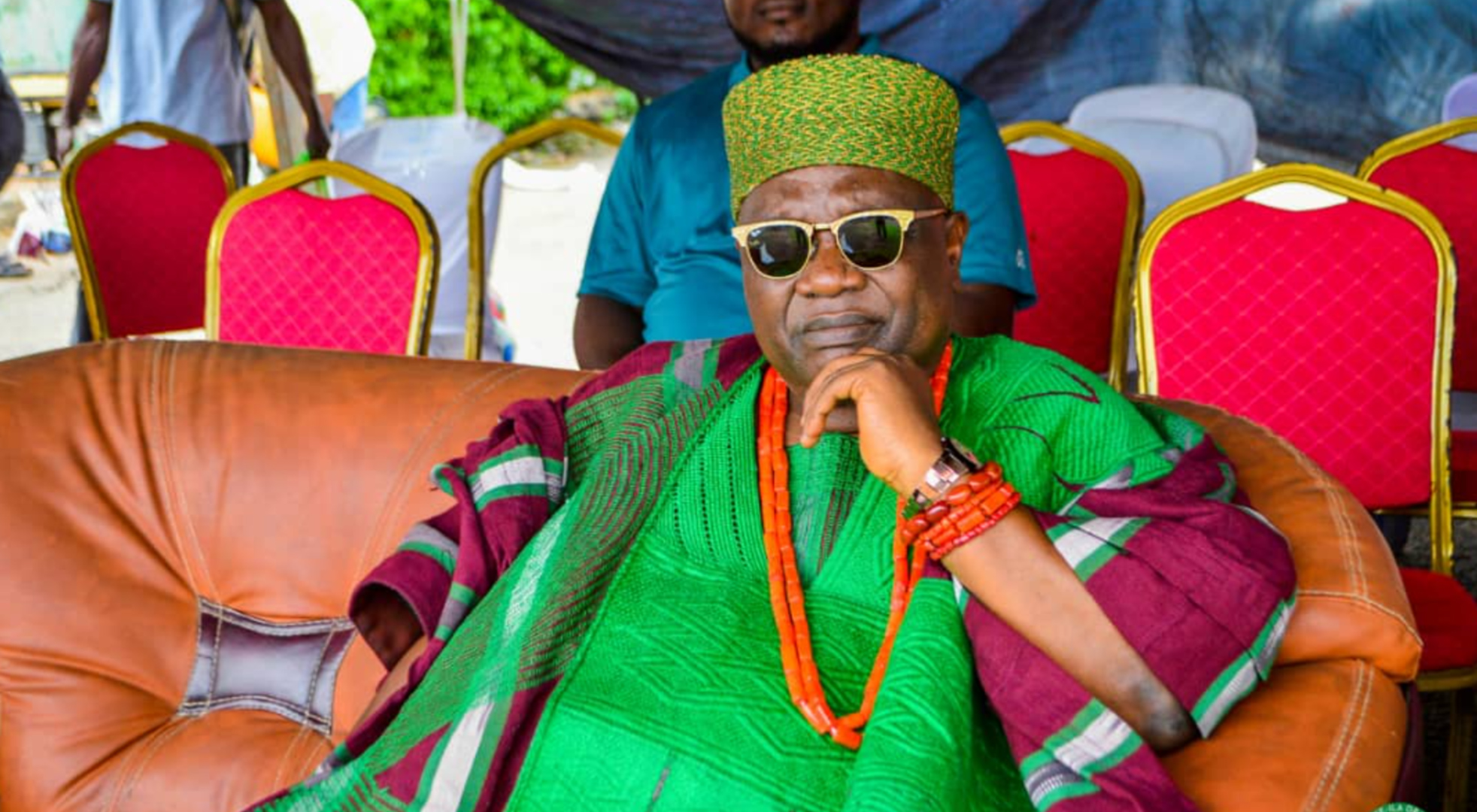
So, can you please tell us a little about what life was like for you while growing up?
I grew up in Ibadan. Shortly before independence, two years before independence. So I’m a product of the turbulence of the Western regional crisis. As a small boy, I saw it all. And my mum’s shop was very close to prominent political actors so I learned a lot. I grew up to see powerful people all around us. And that was probably when I made up my mind to be a powerful participant in the political process myself one day. That was when Chief Obafemi Awolowo was in prison and Chief S.L Akintola was the Premier of the Western Region. Chief A.M.A Akinloye’s house was not far from my mom’s shop. And the Chief Electoral Commissioner in the Old Western Region, Chief Ojerinola, his house was not too far from our house too. So I saw power. So with the military coup of 1966, then the counter coup of 1967, and the Nigerian Civil War which also commenced in 1967. There were many non Yorubas at my primary school but by the time that we resumed, they were all gone. So the question was, why? Anyway, growing up was fun. Daddy, being a primary school headmaster, was a lover of education. And so it was read, read, read. My mom left teaching way back when I was a baby and started trading. However, my major regret was not being taught how to make money. They were able to make money on their own. But we were not brought up to make money. We were always in my mum’s shop. But not to participate in terms of buying or selling around. They didn’t allow us to do that. So that’s one thing that I regret. I entered secondary school in 1970 and went to a Christian school, Adventist Grammar School in Ede, Osun state. And to the glory of God, many of us, cousins, met there. It was a family school. And to the glory of God, very many of us are still together till date. Though many of us are gradually leaving the stage in terms of death and what have you. So growing up was fun.

Sir, you are renowned for your passion for education. What is your academic background sir?
Yes, I started my primary education in 1964 to 1969. Then, from 1970 to 1974 I did my secondary. Then I spent a year at the Polytechnic, Ibadan. Then between 1976 and 1980, I studied political science at Ile Ife, since renamed Obafemi Awolowo University. From 1981 to 1983, I pursued and obtained my Master’s Degree in International Relations. So I was busy working, I was busy teaching. Because as a young soul, I believed that as a bachelor, it’s one of two things. It’s either you’re busy acquiring knowledge or you’re busy making money. And I decided to go for the first role to acquire knowledge. So after my Master’s Degree, I decided to study Law because law had always been my first choice. But because of certain things, I couldn’t read law as my first choice. So, eventually I went back to read law. So between 1987 to 1990, I studied law. I was called to the Bar in 1991. And it was between 1990 and 1991 while at Law School that I had the honour of staying with my uncle, your late dad at 56 Adeola Odeku, Victoria Island, Lagos.
Did you always have the ambition of becoming a king one day?
No way! I never liked the idea of being a king. I didn’t go to school to become a king. My ambition was to become a career diplomat. But the Lord had a purpose for me, for becoming a king. In fact, the year 2006, as I have said in several interviews, was my saddest year. And the day the crown was placed on my head was the saddest day of my life. Because as an Ibadan boy, with my exposure and being an extrovert, I never liked the quiet, dull environment. But here I am. And to the glory of God. I thank God for the opportunity of service. And service is service anywhere in the world. Even at the local level. In fact all politics is local. And little did I know that this is a place, a major avenue, a major institution to totally transform our people. But then again, it is so sad that many of our people don’t understand what this institution is meant for. Just like the political elite too, who see their position as an avenue for personal aggrandisement, which should not be. So, never. I didn’t wish it for myself. And as a family, it was not something that we bargained for.
But again, the all knowing God saw it all.

Okay, you have been on the throne for about 17 years now. Yes, we are 17 years in December. How has the journey been so far sir?
So far so good. So far so good. Because I had always been interested in public service. I often tell people that I don’t know how to make money. But to the glory of God I know how to impart knowledge. I know how to build people. Probably in consonance with the philosophy and motto of my school. ‘Building souls for service’. And since I became the king, my kernel, my philosophy is so much embedded in the book of the Bible, Isaiah 58:13 which says, ‘And they that shall be of thee shall build the old waste places: thou shalt raise up the foundations of many generations; and thou shalt be called, The repairer of the breach, The restorer of paths to dwell in.’
That’s exactly what we have been doing for the past 17 years. It’s tough but I’ll give glory to God. We’re trying to build the old waste places. We have seen talent here.
Not here in Oke-Ila alone but in the surrounding communities too – Ipoti-Ekiti, Ila Orangun, Ora-Igbomina, and that is the catchment area of Abolarin College. Yes, it’s a school for all Nigerians but then again, we’ve seen a lot of local talent and we’re trying to grow and rebuild the old waste places.
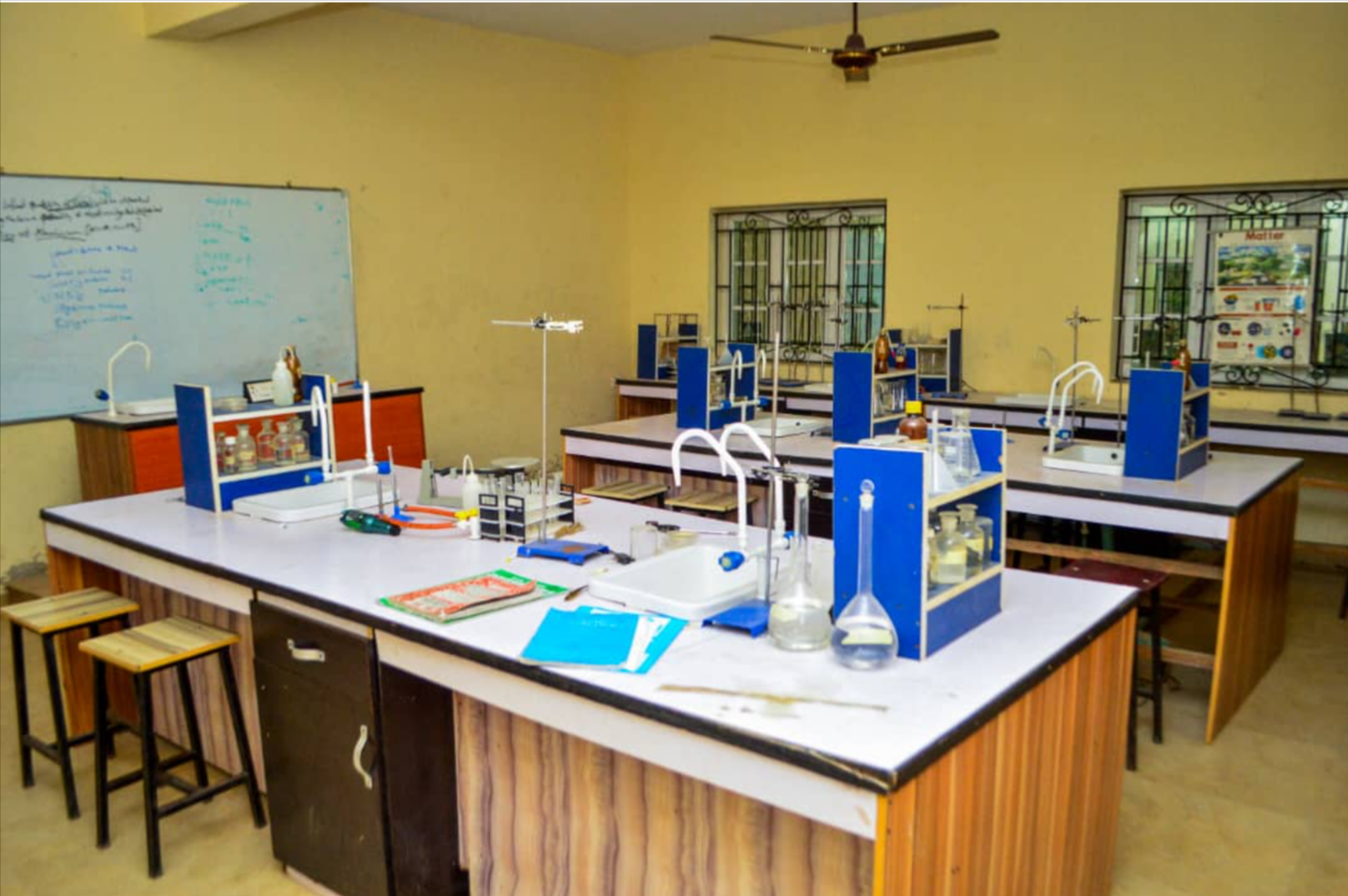
Sir, you once operated in the political arena. Serving as legal advisor to the then Senate President, Chief Anyim Pius Anyim. What was that experience in politics like?
Oh, it was okay for me, I’d always had an interest in lawmaking. I’d always been interested in the trinity of government – the executive, the judiciary and the legislature. And God so good, I had the opportunity to serve as special advisor to the Senate President. My ambition, apart from studying to become a diplomat, was to become a lobbyist. So I studied hard at the workings of the National Assembly with the intention of becoming one of the greatest, foremost lobbyists in Nigeria. In the context of lobbyists in the United States of America. My mission was to turn Abuja into our own Washington, basically. To do what? To make lawmaking participatory and to make it open and to pedal influence. And that’s what democracy is all about. And so it was a good experience for me. I networked a lot, but the aspiration wasn’t possible for me to fulfill because by 2006, I became the Orangun of Oke-Ila Orangun.

Kabiyesi, your school, Abolarin College, is gradually becoming a household name across the country, as perhaps the first and only privately owned school in Nigeria, where students do not pay school fees.
Yes. I don’t like the idea of saying students don’t pay school fees. There’s no free lunch anywhere. The Yorubas have a saying that Ògùn ti à bá f’owó se, èyìn arò ló n gbé. Meaning, what you don’t spend money on in terms of appreciation may not be well appreciated. Let me say that we’re only trying to give these children an opportunity. They’re paying back, and I tell them all the time, they’re paying back. They must pay back. They must pay back to their school. They must pay back to their various communities and in the long run, they must pay back to the Nigerian society. I believe that’s the only way we can make things work in Nigeria. And these children today work hard. They use their hands. I think you saw them there today, working on the farm. So if you have children who are capable of using their hands to make a living, and help them to stand on their own, it’s a good thing. So we’re only trying to give them an opportunity to be something and somebody in life. And we just pray that they know what it is to give others coming after them the opportunity to excel. We thank God for where we are. We started about ten years ago. We are going to be 10 next year. We presently have 135 school children from all over Nigeria. And it gladdens my heart that we have 51 of them in various universities across the country. On the dot of 10 next year, we will have our first graduate. Within 10 years. That’s huge. These are children of the poor. These are children who people thought were hopeless because of a disadvantaged background. But to the glory of God, they are now integrated citizens of the Federal Republic of Nigeria who are hopeful of doing things that will be meaningful for the greatness of their country.
So what is the criteria for admission?
Poverty. And they must come from the public school system. My son is entering a secondary school now. I wanted him to attend Abolarin College because of the experience but if we do that, then we would have defeated the purpose for establishing the school because I can pay for my son’s school fees. So based on that criteria, he’s not coming to Abolarin College. To get admission to the college, you must come from an indigent family. So, we organize examinations to determine that. We send out forms to determine that. We interview the children to ascertain where they are from. And by God’s grace, this year, we will begin to visit homes to establish the authenticity of the applicant’s claim of coming from a disadvantaged background.
Fantastic, sir. Is admission limited to locals or can people apply from other parts of the country?
Yes, we have children from all over. We have Bulus from Borno. Asabala is from Borno. Fati is also from Borno. What’s her name now, Ibro is from Borno. We have Nathan from Plateau. Our first school head prefect was from the Niger Delta. So to the glory of God, we have our children from all over Nigeria. Chisom, Miracle. These are my children of Igbo stock. We try to live in consonance with the 1999 constitution as amended. Most especially the fundamental objectives and direct principle of state policy, though they might not be justiciable. What we are saying in effect is that it is not the government alone that should do all these things. We should try as much as possible to complement the government. And that is what we are trying to do with the college. We are trying to complement what the government is doing.
Kabiyesi, I must say here that the sheer audacity of this project is a source of inspiration to many. Yes. As it teaches that truly with God nothing is impossible. But sir, how have you been coping regarding funding as quality education is not cheap?
It’s just God. As you rightly said, good education is not cheap. It’s not cheap. It’s God. It’s the greatness of God and the determination and passion that I have for education. And it’s also to the glory of God that I am able to move, and I do move. I also have a reputation ab initio with my friends. They have always known me to be interested in what I’m presently doing. I started my career as a lecturer in the then Oyo State College of Art and Science and many of my school children then, are now doing very well all over the world. So they come around me to support the little that I’m doing. I mean, they’ve known me to be interested in public service. They have always known me to be interested in humanity. And that is exactly what we are doing. We are just trying to create a better tomorrow. And we know that the government alone cannot do it. And we are just saying that all of us, all of us should partake in the development of the future of this great country. And I pride myself as an apostle of the rural poor because there are too many talents, hidden talents in the rural parts of Nigeria.
Are there any individuals, organizations that you would like to single out as pillars of support for this most noble of projects?
Most of them would love to remain anonymous, so let me preserve their anonymity. But I must confess that I am very very grateful to many of my friends, my ex students, and some people that I have never met, from all over the world. At the appropriate time, we are going to document all these things.
Okay sir. It is not in dispute that the education sector in Nigeria is drastically underperforming.
But I don’t believe that. I don’t. It all depends on the way you look at it. Yes, the governments need to do more and not restrict themselves to these big cities of Nigeria. There are far too many talented individuals. Brilliant children. It is not by saying that two plus two that will give you four. If you see young souls who can use their hands and create, who are creative, young souls that are resilient, young souls on the farm, young souls who treck 3 km every day and they just roam the streets. Some of them are so skillful that you only need to introduce them to the workings of the computer or AI and they fly with it. We need to do more. With the little I’ve seen, we can rule the world. But I know where you’re going. And most of our teachers are not happy doing what they are doing any longer because of funding. But I keep saying, let us join hands with the government. The government should be alive to its responsibility for the futuristic scheme. The future is so important. They cannot afford to mess up. I know we are not doing enough. We can do more than what we are presently doing but no government can do it alone. All hands must be on deck.
How are the alumni of your college faring in the larger society?
They are doing well and they’re together. We currently have 51 of them in various universities. One of them just called me.
It gladdens me to know that they still live by the principles of our school anthem which goes like this:
God made my life a little light within the world to glow
A little flame that burneth bright wherever I may go
God made my life a little flower that gives joy to all
Content to bloom in a native world although the place be small
God made my life a little star Whereon the weak may rest
And so whatever health and Strength that I have may serve my Neighbor’s best.
I am so happy that this is what they are doing. It’s unbelievable that even as university students, they come back to school to teach. Some of them that you saw playing football are home on vacation but they had to lend a helping hand because they know that, yes, they can do one or two things. It’s because that’s the kind of training that we pass on to them. And they’re doing well. They have a powerful platform, and I’m part of the platform, but when they want to behave like school children, they remove me from the platform…Lol. They are university students so one must allow them to be.

This is the last thing I wrote here sir though I’m not sure if it’s actually a question. Truth is, the level of selflessness that you demonstrate is not so common in our society.
There’s nothing I’m doing that your daddy didn’t do, or Gbolahan’s dad. You know, I think it’s in our DNA. I saw your dad when I was with him. Very many of us were living there during that one year when I was at law school. You weren’t there then. Only Bankole was. But very many of us were there. So, I’m probably doing it at a larger scale, but I think it runs in our blood and that’s how to build a society. That’s how to build tomorrow which is so important. I keep telling those children, though they don’t always like to hear that I’m not going to be part of their future. I’ve spent mine. But we have to adequately prepare them for a better future, learning from the mistakes of the past. So selflessness as Christians, that’s the way to go. Yes. ‘Do not rob the poor because he’s poor, nor the afflicted at the gate for I The Lord will plead their cause and plunder the souls of those who plunder them’. It’s in the Book of Proverbs. You do certain things and these are the implications. The missionaries who came, they brought education to us. Thank God for what they did. Yes. So it’s important. But as I said earlier, we have a lot of work to do which the government alone cannot do. It cannot be left to the government alone. No, it cannot. Then again, we should not forget that we’re here for just a while. If we live for the next 90 years or 100 years, it’s still just a while.
Thank you so much and God bless you sir.
___________________________ Oba Adedokun Abolarin who can often be found teaching at his school began his career as a lecturer at the then Oyo State College of Art and Science. He is a licensed lawyer of the Supreme Court of Nigeria. Prior to his ascension to the throne in 2006, he was the Principal Partner of Dokun Abolarin & Co., a successful law firm which served as Company Secretary to several corporate bodies including Pacific Holdings, Tell Publications, Peachtree Communications Ltd among others. He served as Legal Advisor to Chief Anyim Pius Anyim when Chief Anyim held sway as the Senate President of the Federal Republic of Nigeria. Oba Adedokun Abolarin was also one time a member of the Editorial Board of The Tribune newspaper. For enquiries regarding Abolarin College, kindly contact the Principal, Mr Ezekiel Omidun. Phone: 0803 256 2804 Email: omidunezekiel@gmail.com


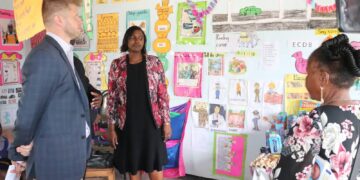

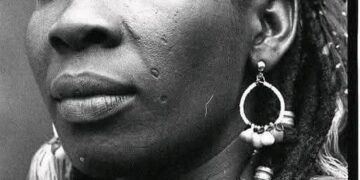
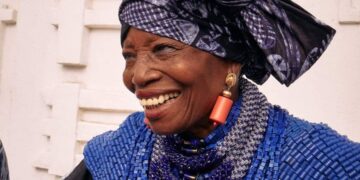
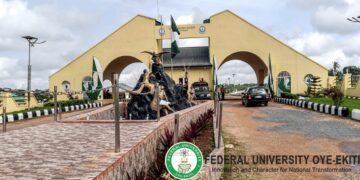


























































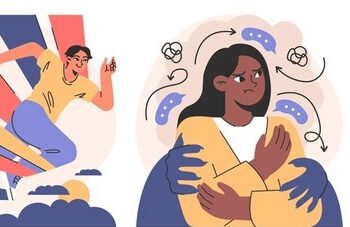
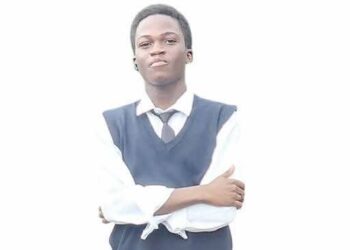
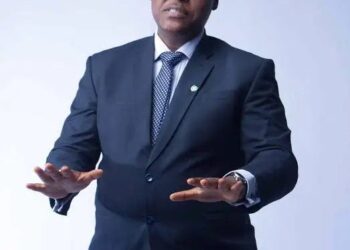

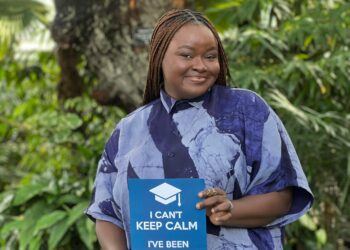
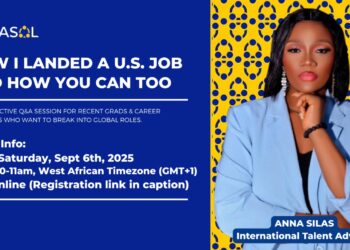










 EduTimes Africa, a product of Education Times Africa, is a magazine publication that aims to lend its support to close the yawning gap in Africa's educational development.
EduTimes Africa, a product of Education Times Africa, is a magazine publication that aims to lend its support to close the yawning gap in Africa's educational development.
An excellent article detailing the highly commendable work of HRH Oba Abolarin in helping to build the next generation of Nigerians. His philanthropy is unparalleled and his commitment unquestionable. May God bless, keep, favour and continuously grant His peace to K’abiyesi, all who teach and work as well as students of Abolarin College in Jesus name. Amen
Amen!! Thank you so much for this wonderful feedback regarding our interview with Oba Adedokun Abolarin. He is indeed a worthy role model to us all.